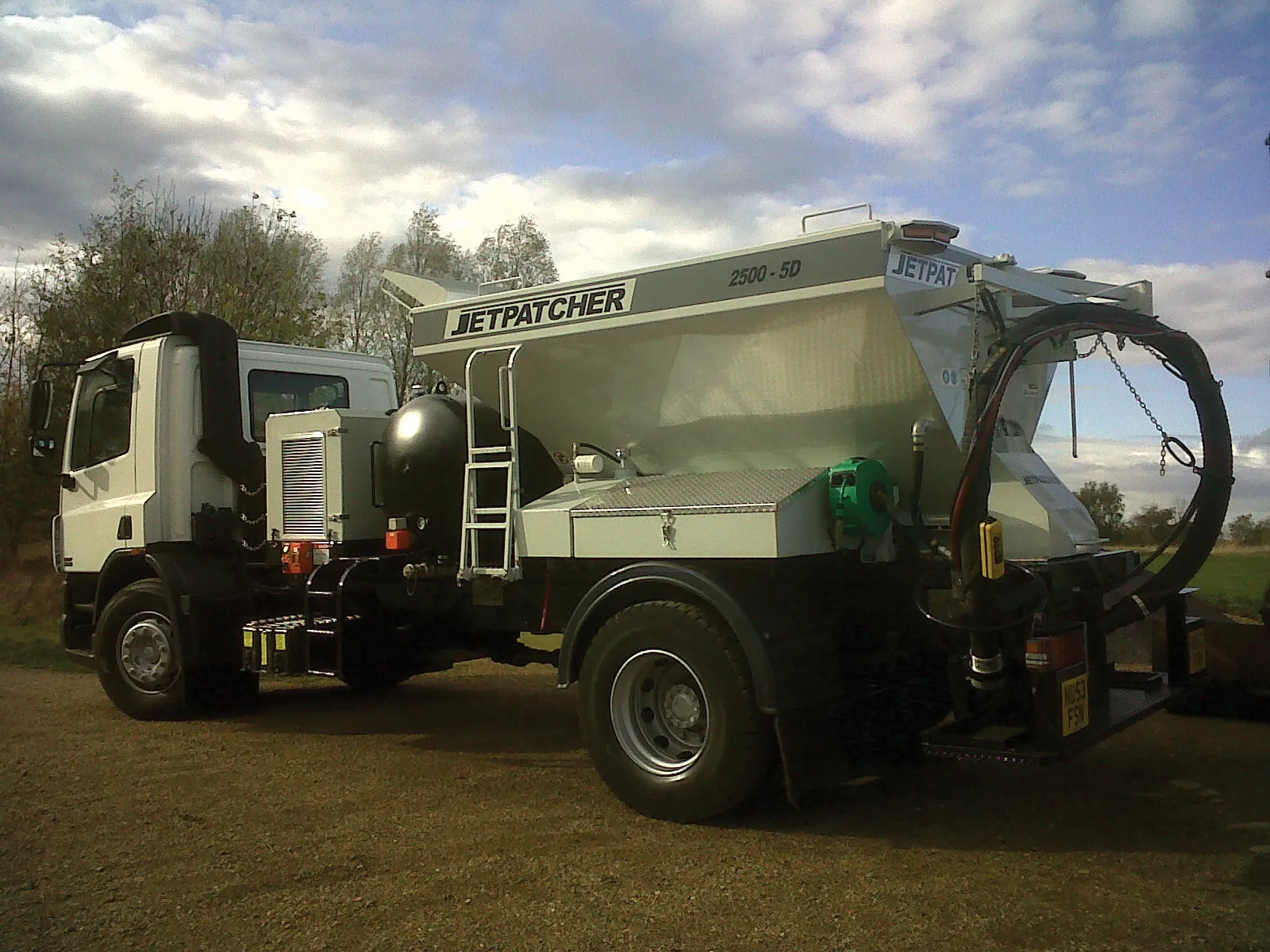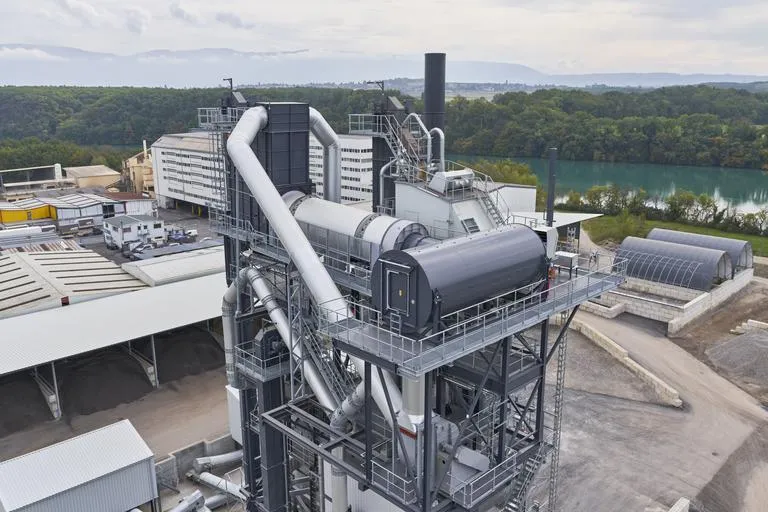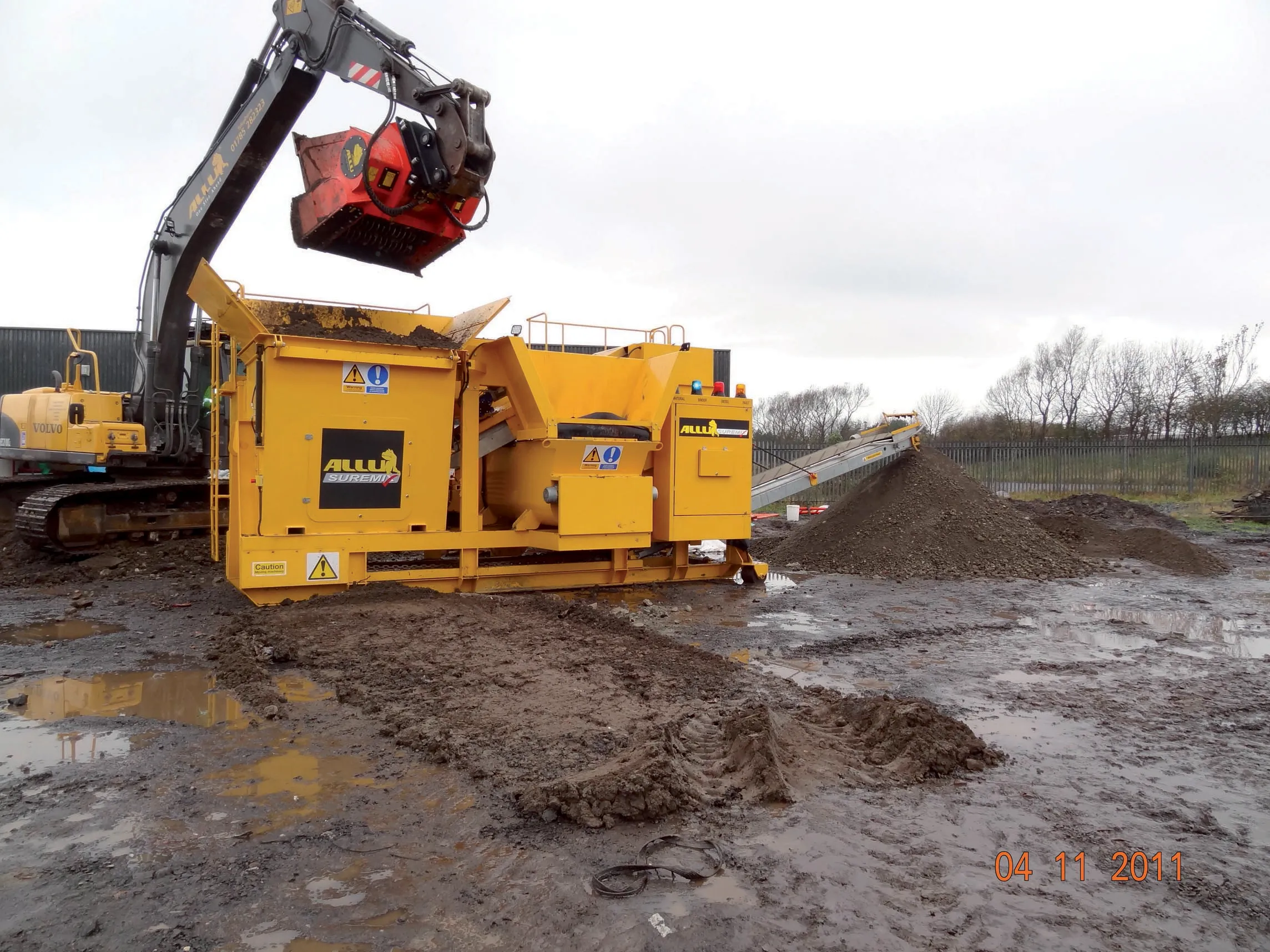Jetpatcher UK will allow British local authorities to make "unprecedented" savings when repairing potholes on many of their less congested roads, according to its manufacturer Nu-Phalt. Built for rural highway repairs, theself-contained Jetpatcher clears the pothole using compressed air before applying tack coating and lling the pothole with mixture of aggregate and bitumen. A thin layer of pure aggregate is then used to cover the mix. Nu-Phalt claims the unit's high productivity is the key to its coste -
April 20, 2012
Read time: 2 mins

Built for rural highway repairs, the self-contained Jetpatcher clears the pothole using compressed air before applying tack coating and lling the pothole with mixture of aggregate and bitumen.
A thin layer of pure aggregate is then used to cover the mix.
Nu-Phalt claims the unit's high productivity is the key to its coste - ectiveness.
Nu-Phalt says the Jetpatcher di- ers from its existing eco-friendly, single vehicle infrared pothole road repair system. Tailored for urban highways, the infrared system carries out repairs by heating the carriageway to 200c to allow existing material to be re-worked while, simultaneously, adding binder and extra material as needed.
Nu-Phalt sales director Robert Muir, who will head up the Jetpatcher team, claimed the two systems o- ered "unprecedented" savings and other bene ts.
He added: "Beyond the cost savings, both processes are quick and easy to operate, reduce time, raw material and labour costs, as well as o- ering minimum disruption to the public. There is also a signi cant reduction in carbon emissions.








